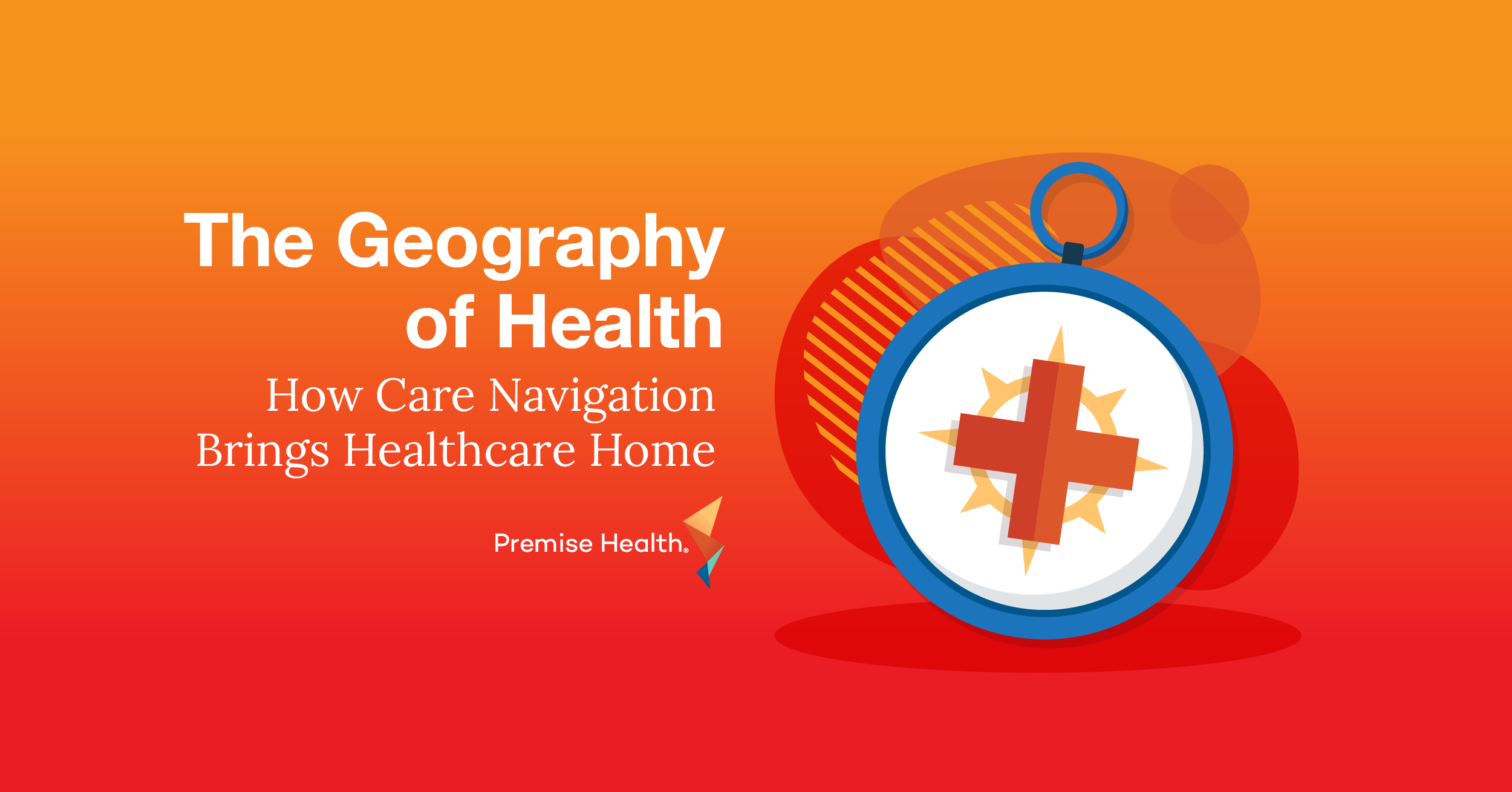Social Determinants of Health – What They Are and How They’re Incorporated into Healthcare
Health and wellness is driven by what we do in our homes, workplaces, and communities by eating well, staying active, and keeping up to date on immunizations and annual exams. However, health is also heavily influenced by a person’s access to safe workplaces, quality schooling, clean water, and healthy relationships. The differences in conditions in which people live are vast, which explains why some Americans are healthier than others. So, what can employers do to help provide access to the resources their employees need to stay healthy? By implementing a healthcare program that addresses social determinants of health, employers can assist their workers in having equal opportunities to make choices that lead to good health.
Defining social determinants of health and their impact on wellbeing
Social determinants of health are defined as the conditions in the environments where people are born, live, learn, work, play, worship, and age that affect a wide range of health, functioning, and quality-of-life outcomes and risks. When looking at a patient’s health holistically, it includes social determinants of health and addressing concerns that aren’t traditionally defined as medical conditions. The list of those concerns is endless, but some of the most common social determinants of health include:
• Stressors at home
• Food insecurity
• Inability to pay for medication or bills
• Poor living conditions
• Access to educational, economic, and job opportunities
• Quality of education and job training
• Transportation options
• Public safety
• Social support
• Language or literacy
• Access to mass media and technology, such as cell phones, the internet, or social media
• Social norms and attitudes that relate to oppression and discrimination
One way to think about social determinants of health is through a member’s journey. If a patient comes in with uncontrolled diabetes, the provider will have a conversation with them about their diet and exercise. Through that conversation, the provider may learn the patient is unable to afford healthier food choices and also can’t afford the necessary diabetes medications. These non-medical barriers are preventing the patient from getting the care they need and making it difficult to make healthy choices, which can then lead to unsafe situations at work if a patient isn’t properly managing their condition.
Although social determinants of health aren’t in the scope of how people traditionally think about healthcare, without access to healthy foods and the proper medication, a patient’s health will never improve. Unresolved social determinants of health can be just as fatal as serious medical conditions, and can also have severe negative impacts on anxiety, blood pressure, and cholesterol. By addressing these barriers and having access to the right resources at the point of care, providers can assist members in overcoming challenges to help them lead healthy, productive lives and keep them safe.
What can employers do to help address social determinants of health?
A healthy worker is a happy worker, and the healthier they are, the greater their level of productivity. While employers may have the best of intentions to care for their employees, many are often unaware that there are tools they can provide to offer assistance. It’s also possible that organizations with established onsite health centers may be unaware of additional resources if they’ve already identified things like local food pantries or medication assistance programs.
A great place to start in addressing social determinants of health is offering an employee assistance program (EAP). EAP’s are work-based intervention programs designed to identify and assist people in resolving personal problems that could adversely affect their health. Offerings through an EAP vary by employer but can include drug addiction counseling, grief assistance, and financial counseling. For a patient struggling with alcohol abuse or having difficulty paying bills, EAP assistance is crucial, and works in conjunction with a provider identifying those concerns during a visit and then referring them to their employer’s EAP resources.
EAPs are growing in popularity among employers, but another helpful resource many may be unaware of is Aunt Bertha, a free online platform that makes it easy for anyone in the U.S. to find and apply for social services just by typing in their ZIP code, such as Medicare, food stamps, and housing assistance. Searches are always completely anonymous, and the platform is able to pull results from applicable national, state, county, city, and even neighborhood programs. Because good health starts in our homes, schools, workplaces, neighborhoods, and communities, providing resources to address these determinants will help create social and physical environments that promote good health for all.
How is Premise incorporating social determinants of health into care delivery?
At Premise, we’re collaborating with Aunt Bertha to incorporate their community-specific resources into our electronic health record (EHR) to make it easy and seamless for providers to refer a member at the point of care in the same way they would refer out to a specialist. We’re calling it Find Help with Premise and it will be accessible within the My Premise Health portal, so members have access to resources and information whenever they need it.
Providing these life-changing resources is important to Premise – we want to ensure we can support members by providing tools to help them with any difficult circumstances they could be going through. By establishing a trusting relationship with every member and utilizing Aunt Bertha’s platform to power Find Help, providers will be able to help both the member and their family improve their overall health. This will be a new offering from Premise and to make sure we get it right, we’ll be periodically assessing our successes and failures so we can continue evolving Find Help to get members what they need.
Our members are central to what we do, and we never want them to feel shame in telling a provider if they’re struggling. Find Help isn’t about referring a member out to a resource and being done – we welcome difficult conversations and work with members to deliver high-quality care and experiences that lead to healthier lives.
Premise embraces an approach to medicine that takes into account how biology, psychology, and socio-economic factors connect. Approaching the whole individual in effort to understand and impact non-medical causes of disease has been demonstrated to improve patient engagement, outcomes, and quality of life. To learn more about addressing social determinants of health within your population, reach out to us here.
Next on industry insights.

The Geography of Health: How Care Navigation Brings Healthcare Home
Read the Blog
Why Payers Need Advanced Primary Care
Read the Blog